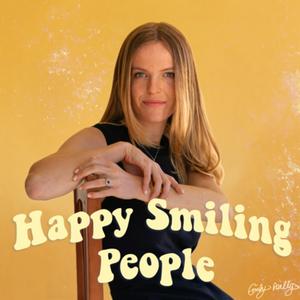Courtney Townley is a personal trainer turned life coach, passionate about helping women to thrive, especially through midlife.
In this episode, we explore Courtney’s three-decade journey in the women’s fitness industry, whether fat loss will always be a trend, and how to uncover your why to build lasting motivation and habits. We dive into changing unhealthy behaviours, dismantling the “mean girl” inner narrative, and how manifestation is grounded in science and can create real, positive results.
Courtney also shares her pivot from fitness instructor to life coach, the fastest way to erode self-trust, practical tips to feel like yourself again, what “health” really means, and how women can take better care of themselves.
Find me online: https://linktr.ee/emilyereilly
Find Courtney Online:
Grace & Grit: https://graceandgrit.com/
Instagram: https://www.instagram.com/gracegrit/?hl=en
Timestamps:
00:00 Courtney’s journey in the women’s fitness industry over the past 3 decades
05:14 will fat loss always be a trend?
08:40 working out our ‘why’ and motivation for habits
11:30 how to change unhealthy behaviours, and the ‘mean girl’ self-narrative
17:00 how manifestation is science based and create positive results
21:40 where is the line between rationalising actions and taking responsibility for our mistakes or difficult decisions
25:00 the quickest way to erode self trust
28:00 Courtney’s pivot from fitness instructor to life coach
31:00 why did Courtney choose to focus on middle age women as her target market?
36:00 tips to feel like yourself again
39:30 The Consistency Code
46:00 what does ‘health’ actually mean?
51:20 how can women take better care of themselves?
Keywords
fitness, wellness, women's health, self-care, behavior change, self-narrative, consistency, midlife, coaching, mental health


